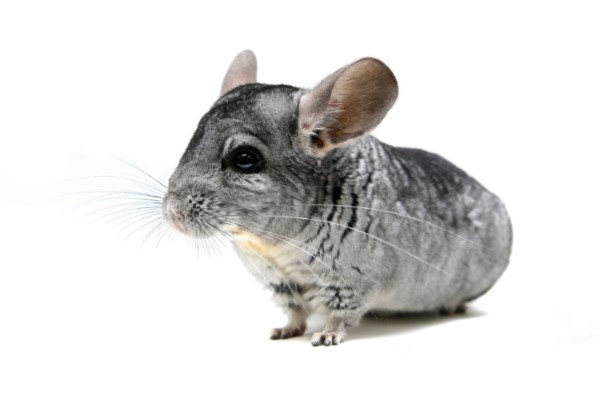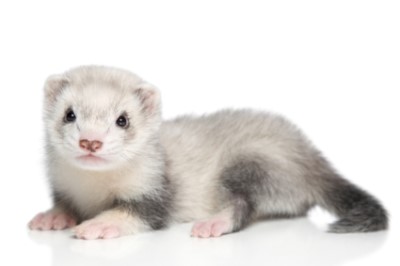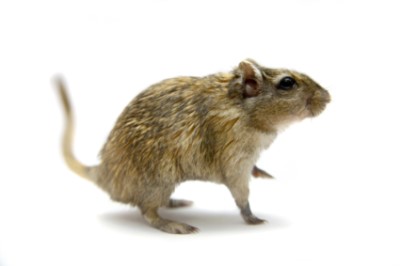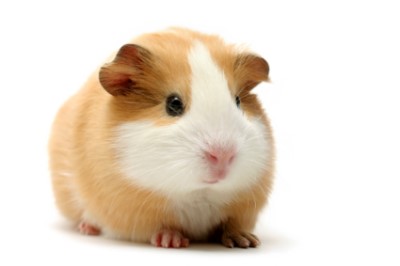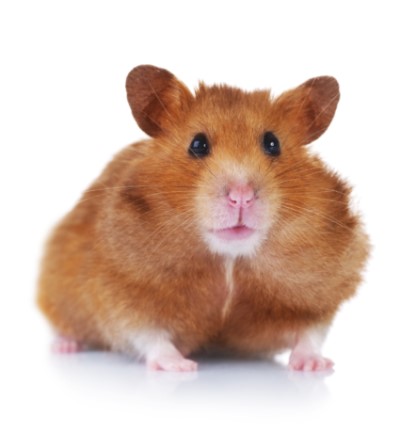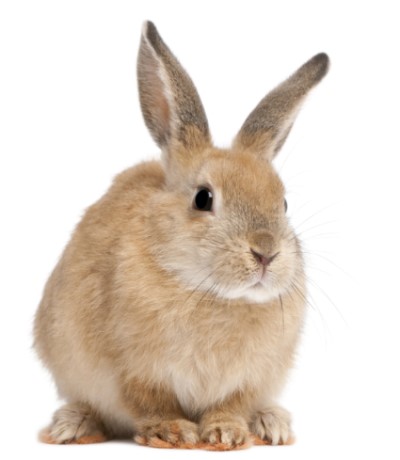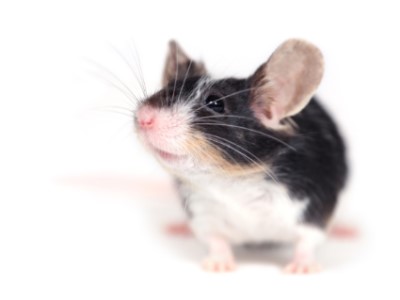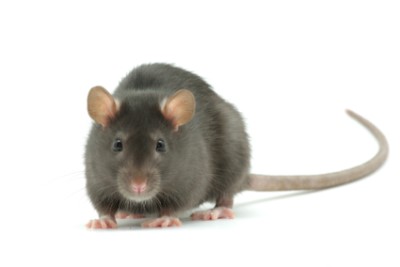Common Reasons for Surrender
Many people adopt a Chinchilla without first doing their research, so they are unaware of the amount of time that is required to properly care for a Chinchilla. They then realize they simply do not have the time to care for the Chinchilla, and the Chinchilla goes to a rescue or to a shelter. In other cases, due to a weak economy, people simply cannot afford to keep their Chinchilla any longer.
Pros
Chinchillas can bond closely with their families. They make ideal pets for mature children of any age. Because children are so aware, children typically spot if a Chinchilla isn’t acting right and can alert their parents to get the Chin help quickly. Like people, all Chinchillas are individuals and have vastly different personalities. Some Chinchillas are more hyper than others; some are dependent while others are independent; some are reserved while others are outgoing. Many allergy sufferers find that they do well with a Chinchilla, however, they may have problems with the Chin’s hay and bedding.
Cons
A Chinchilla needs to spend time out of his cage every day. You can’t just put him in a cage and walk away until you feel like paying attention to him again. You must also Chinchilla-proof your home to avoid damage to your Chinchilla and to your home. Chinchillas have a penchant for chewing baseboards and furniture, which can be avoided by providing your Chin with chew toys. Chinchillas can also be messy and can live as long as 20 years: Are you prepared to financially care for a Chinchilla for the next two decades?
Diet
Chinchillas must have timothy hay and alfalfa hay in their diets. If you feed your Chin alfalfa-based pellets, give him loose timothy hay. If you feed timothy hay-based pellets, offer your Chinchilla loose alfalfa hay. Pellets should never have add-ins, such as corn. Chins typically love treats but only give treats in moderation. Cheerios, or any unsweetened or lightly sweetened cereal, are popular with Chinchillas as is dried fruit, raisins, and Craisins. Limit your Chinchilla to one or two treats daily, although you can give a few more on special occasions.
Exercise
Give your Chinchilla between a half an hour to a few hours outside of his cage each day. While most will get enough exercise in a large-enough cage, time out allows your Chinchilla to explore new areas and to bond to his family. Allow as much time out as your schedule permits.
Possible Health Issues
An overall healthy pet, Chinchillas can be prone to malnutrition if they are not fed the proper diet. Some also suffer from teeth problems as a result of their genetics.
Litter
The healthiest bedding for a Chinchilla is CareFresh, untreated pine, or Aspen.
Grooming
Your Chinchilla needs a dry dust bath a minimum of two to three times each week. Purchase a dust bath house. Chinchilla dust baths are essential to ensuring healthy fur and skin.
Housing
The bigger the cage, the happier your Chinchilla will be because he can climb and bounce off of the sides. A multi-level cage is ideal and will provide your Chinchilla with the room he needs to run, to climb, and to bounce. While costs are typically high when you first adopt a Chinchilla, you generally only purchase many items, such as a cage, one time.
Entertainment
Give your Chinchilla boxes, tubes, and furniture in his cage and during his time out, and he’ll be content bouncing around, under, and over his toys until he’s tired himself out. Be sure to spend time with your Chinchilla each day to help develop and strengthen your bond.
We want to thank North Jersey Guinea Pig and Hamster Rescue for help with this profile.
